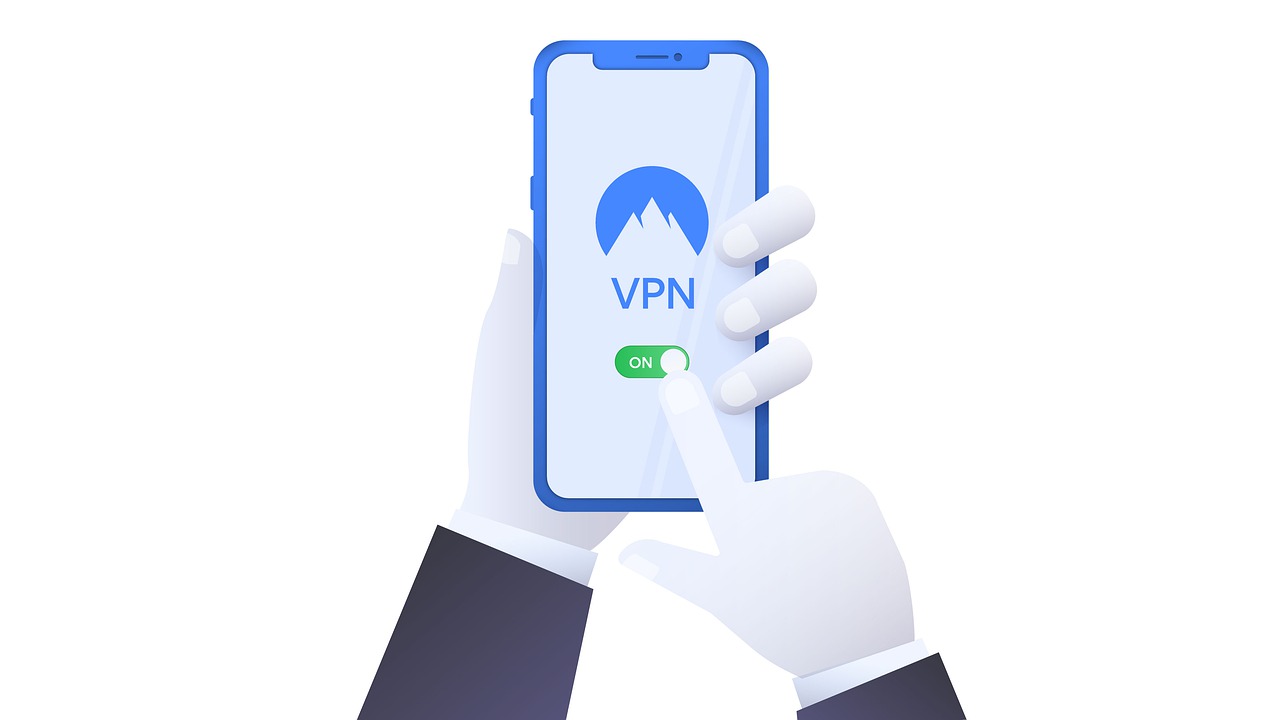With globalisation, more and more people are choosing to travel abroad to explore the beauty and culture of the world. However, when travelling abroad, we often encounter problems with internet access, such as not being able to access specific websites, apps or geo-restricted content. This is where the use of a VPN (Virtual Private Network) becomes especially important. In this article, we will discuss the importance of a VPN when travelling abroad and how you can use a VPN to solve network access issues, providing you with a safer and freer travelling experience.

I. Network Challenges When Travelling Abroad
When travelling abroad, we often face the following network challenges:
1. Geo-restrictions: Some countries or regions may restrict access to specific websites, applications or content. For example, social media platforms, news sites, streaming services, etc. may be blocked or restricted in certain regions.
2. Security risks: Public Wi-Fi networks are common in tourist destinations and hotels, but these networks often lack security protection and are vulnerable to hacking, resulting in personal information leakage and data theft.
3. Data encryption: While travelling, we may need to use sensitive information such as banking apps, Alipay, Paypal, and so on. Using unencrypted public Wi-Fi networks may expose this personal data to risk.
4. Bypass geo-restrictions: Sometimes we want to watch our favourite international programmes, news or sports events, but due to copyright issues or geo-restrictions, we can't access this content abroad.
5. Avoid communication restrictions: Some countries impose restrictions on communication apps, such as blocking apps like WhatsApp, Telegram, etc., which brings inconvenience to our daily communication.
II. The importance and advantages of VPN
1. Breaking through geographical restrictions: VPN allows you to transit your web traffic through a server in another country or region by connecting to that server. In this way, you can bypass geographical restrictions and access blocked websites and content.
2. Encrypted Communication: When using a VPN, your web traffic is encrypted, protecting your personal data and privacy from being stolen or spied on by hackers. This is important for accessing banking apps and other sensitive information on public Wi-Fi.
3. Bypass communication restrictions: In some countries, communication apps may be blocked or restricted. By using a VPN, you can bypass these restrictions and ensure that communication with your family and friends remains open.
4. Secure your data: VPN encryption ensures that your data is protected during transmission, preventing hackers and hackers from stealing your personal information from public Wi-Fi networks.
5. Secure access to company intranet: If you need to access your company's intranet or files while you are travelling, a VPN can provide secure remote access to ensure the safety of data transmission.
III. How to choose the right VPN
There are several key factors to consider when choosing the right VPN:
1. Service location: Choose a VPN service provider that covers multiple regions around the world so that you can connect to the highest quality servers.
2. Speed and Stability: Ensure that the VPN service provider offers a fast and stable internet connection so that you can surf the web smoothly while travelling.
3. Security and Privacy: Choose a reliable VPN service provider and make sure it uses advanced encryption technology to protect your data and privacy.
4. Device compatibility: Make sure the VPN service provider supports all the devices you use, including computers, mobile phones, tablets and more.
Log Policy: Choose a VPN service provider that does not record user logs to further protect your privacy.
IV. Precautions for using VPN while travelling abroad
When using a VPN while travelling abroad, you also need to pay attention to the following matters:
1. Comply with local laws: Although a VPN can help you bypass geo-restrictions, make sure you comply with the laws and regulations of your destination country when using a VPN.
2. Choose the right server: When using a VPN, choose the server closest to your area or with the best network quality for a more stable and faster connection.
Summary
When travelling abroad, a VPN becomes an essential tool to ensure internet security and freedom of access. It can help you break through geographical restrictions, access blocked content, protect your personal data and privacy from being infringed upon, and bypass communication restrictions to ensure unimpeded communication. Choose the right VPN service provider to ensure that it covers global servers, provides a fast and stable internet connection, employs advanced encryption technology and does not record user logs. On the premise of complying with local laws and purchasing genuine services, a VPN will be your right hand for safe and convenient internet access while travelling abroad, allowing you to enjoy your journey.
 Email
Email